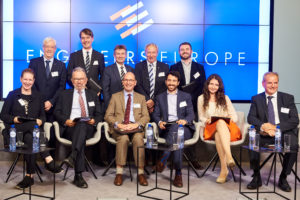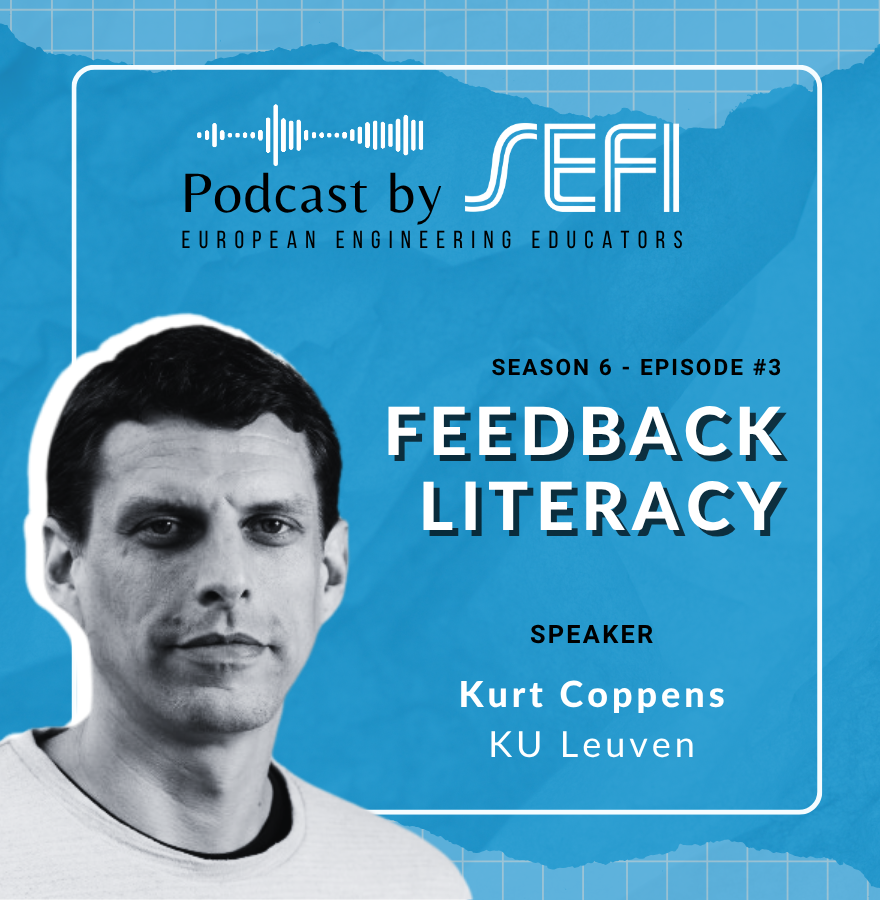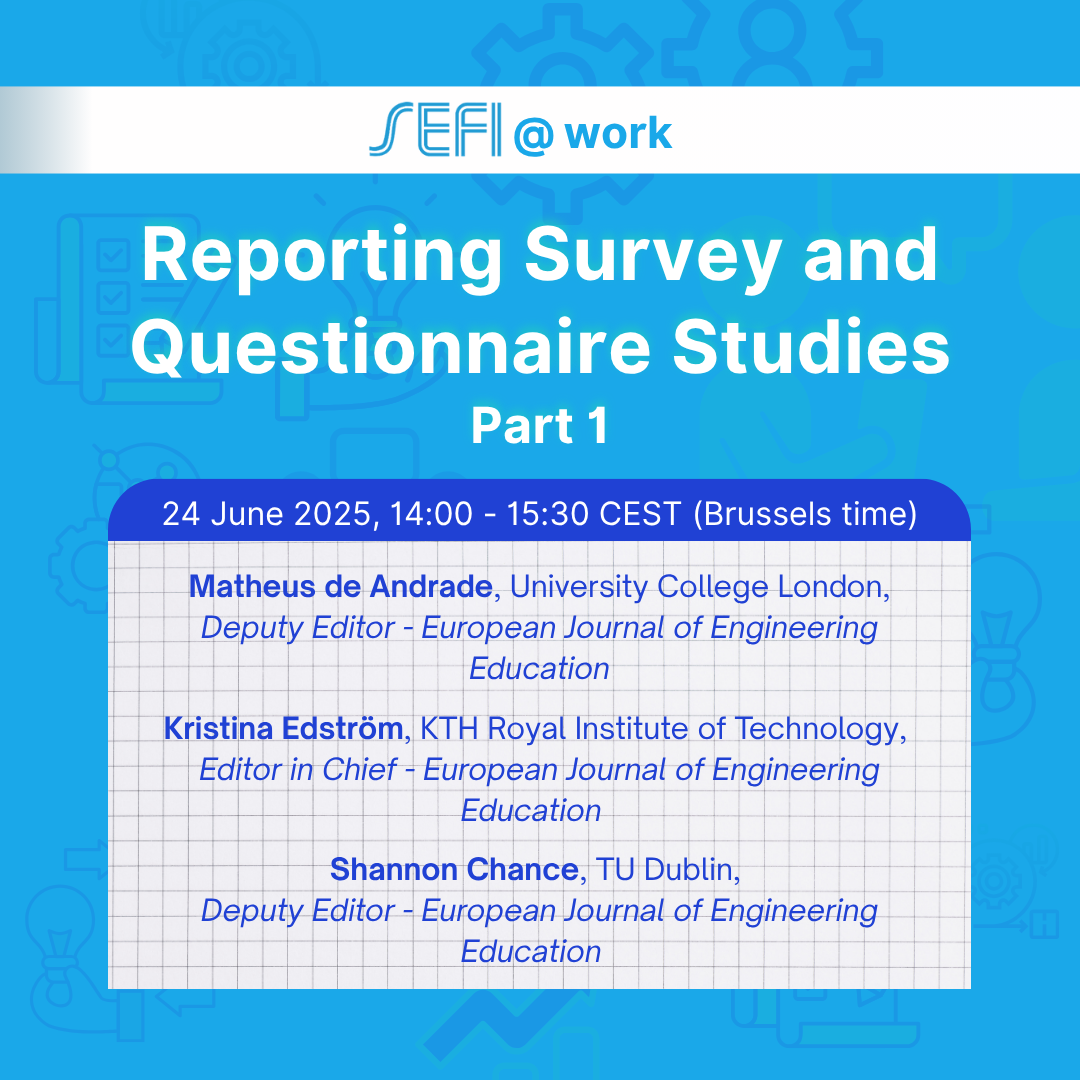Feedback is a somewhat perennial topic within higher education (HE), with increasing emphasis on students…

An innovative new alliance aims to strengthen the voice of Europe’s engineers so as to better engage with policy makers and to have a wider impact in society. At its launch, the Engineers Europe Advisory Group (EEAG) set out its objective of “building bridges between industry and academia to develop a work programme that will address challenges posed by increasing digitalisation and bridging the skills gap”.
Mike Murphy, SEFI presidentm participated in the launch where a key presentation of Greet Langie about PREFER project about employability of engineering graduates. As President of SEFI – the European Society for Engineering Education, Professor Murphy was also a panelist at a stakeholder roundtable discussion at which he highlighted one of the challenges of engineering education and wondered whether it needed a rethink. “Nowadays”, he said, “so much content was being forced into courses at the expense of time to reflect that there was a lack of time to reflect and consider how the various components fitted together.”
Priorities for the new EEAG include greater cooperation between professional, academic and employer organisations; enhancing the status of engineers while ensuring there are sufficient engineers to meet future demand; and actively exploring the implications of digitalisation for engineering.
During the inaugural meeting, a panel discussion considering ‘The future of work, industrial competitiveness and the challenges of an ageing workforce’ was addressed by European Commission DG for Education, Youth, Sport and Culture, Themis Christophidou. The Commissioner explained that “the ever-increasing use of technology demands ever-stronger digital skills”. These, she believed, were the new literacy and were essential in maintaining European competitiveness. “Digital talent is essential; we need to assess whether the quality and nature of education is delivering what we need”.
The Advisory Group has committed to considering how to best promote the study of STEM subjects so as to bridge the emerging digital skills gap and will also consider the inevitable ethical implications of digitalisation.
You may also read the official coverage of the event in the Parliament Magazine
And a detailed report by Engineers Ireland

